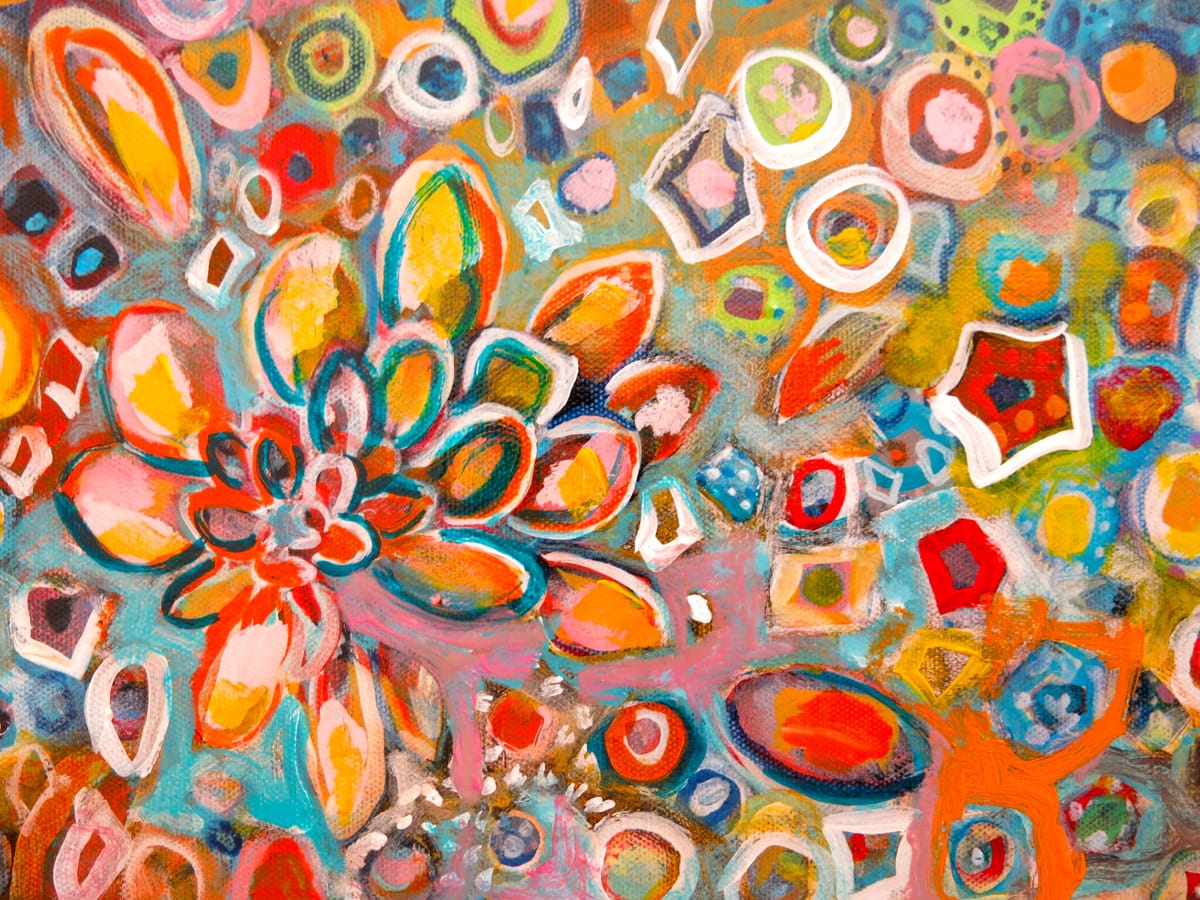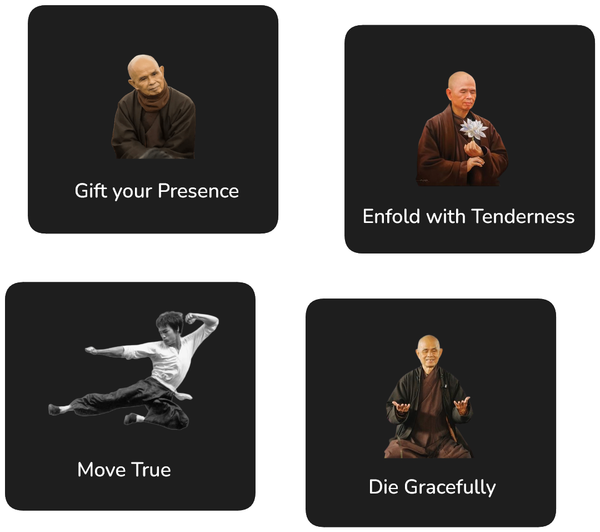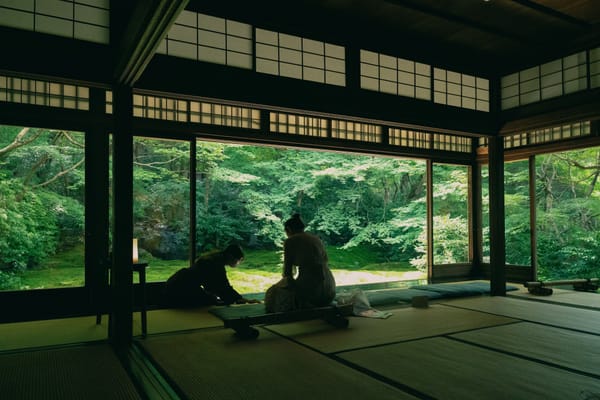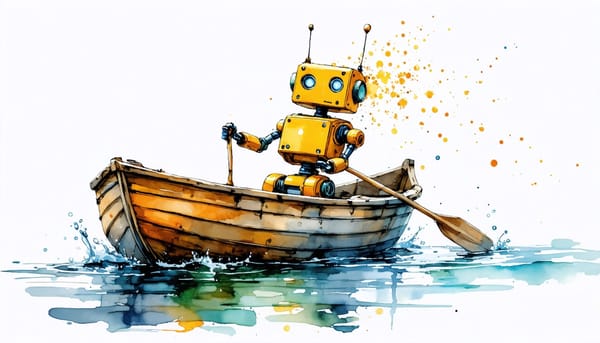Pleasure, Joy and Happiness

One of the marks of an expert is the knowledge of vocabulary within a specific domain and the ability to apply this vocabulary effectively and precisely. Listing to two engineers talk about the construction of a bridge, we would not understand much of their conversation, as long as we not happen to be a structural engineer ourselves.
If we are seeking a more meaningful and fulfilled life, we need to become experts in the field of language that will help us in this quest. I think that pleasure, joy and happiness are among the most important words we need to gain a good understanding of and I will provide a discussion of these in the following.
It must be noted here, that unlike terms used in engineering, there is no one true definition of what pleasure, joy and happiness mean. There are various conflicting understandings and in this article I am not claiming to be able to provide one universally agreed definition. Instead, I aim to provide a useful definition. One that is best suited to aid us in understanding ourselves and help us become more enlightened and fulfilled.
Pleasure
I define pleasure as a feeling of sensual gratification. You drink a class of cold water after a long walk on a hot, dry day. You eat a most pleasant meal after a time of fasting. You have good sex.
Pleasure is rooted deeply in our biology and is used as the 'carrot' by our biology to make us do what is good for our survival, well-being and procreation of our genes. Pleasure is easily exhausted. It is most pleasurable to drink one glass of cold water when one is thirsty, but a second, third, fourth and fifth glass quickly bring diminishing pleasure returns for us.
Joy
I define joy as a feeling of temporary elation caused by something we are experiencing. You see the sunrise over the ocean. You win the lottery. You have passed an exam. You have solved an equation.
Joy is not a reward from our reptile brains, as pleasure is, but related to our perceptions of what is good and beautiful. Joy, though, is not good in itself. Joy may be misguided, such as exemplified in the word schadenfreude, the joy at the misfortune of someone else.
Happiness
I define happiness as a lasting inner state of calm and contentment. While pleasure and joy are short-lived and intense, the feeling of happiness permeates every moment of our lives, for days, months or decades. You have a happy marriage. You love your job. You have found your purpose in life.
It has been found we have a base level of happiness determined by our biology and the culture in which we live in. However, I do believe that there are things in life we can do to become more happy and content with our lives, chiefly by finding and following a purpose and by a better understanding of our feelings, such as by meditation.
If I was to rank, pleasure, joy and happiness, I would say that happiness is the feeling which is most aligned with the goal of seeking a meaningful life and enlightenment. Pleasure is the feeling which has the greatest potential to steer us off the paths of enlightenment and betterment. Joy would sit somewhere in between these.
However, that being said, I don't think we should try to eliminate pleasure or joy from our lives. They are a gift to us, they can provide us with energy and motivation for taking on the challenges of our lives.
In the beginning of this article, I have stated to goal to come up with a definition for pleasure, joy and happiness that is useful. I think the definitions provide above are useful, in that they can direct us in how to approach each of these emotions: For happiness, I think we should not be afraid that we may find too much of it and try to bring plenty of it into our lives; we should seek pleasure in moderation; and make sure that we embrace the right kind of joy, joy at things which guide us and others on a path to happiness.
Image credit: torbakhopper





